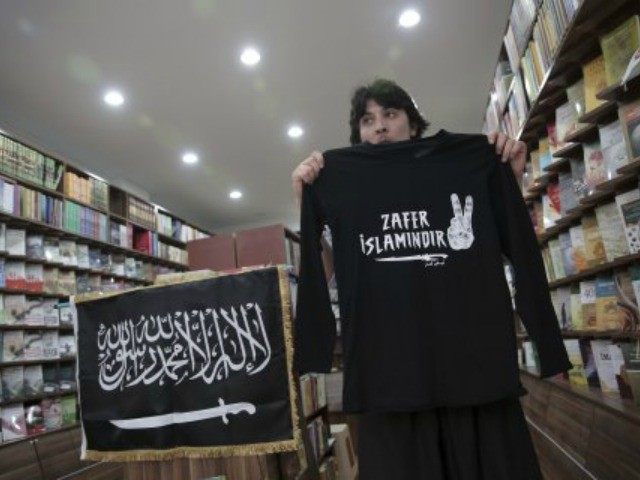This piece originally appeared at Israel Hayom:
Even the most die-hard optimists will have trouble remaining optimistic after reading what the Israel Defense Forces’ military intelligence forecasts for 2015. To sum it up in three words: an ongoing mess — at least according to outgoing director of the Military Intelligence research division, Brig. Gen. Itai Brun.
Brun, who is retiring from the IDF at the culmination of an impressive career in intelligence, has far more questions than answers after manning his current position. The Middle East is more complicated now than when he took the job four years ago: more conflicted, much more violent and far more difficult to predict.
Under these circumstances, the expectation that the military intelligence units will be able to accurately forecast the future becomes nearly impossible to fulfill. The old intelligence perceptions no longer apply in this new reality, which forces the intelligence units to confront four new and complicated challenges (relevant in all the Middle Eastern fronts):
• The challenge “coming into being”: While traditional intelligence research always relied on the analysis of the other side’s intentions and actions, the events of recent years are a clear result of a dynamic that lacks advance planning or decision-making in the form of pinning down defined objectives.
• The challenge of “disappearance”: In the past, it was enough to pick up a pair of binoculars or take some photographs in order to gather intelligence on the enemy. The new generation of enemies, which is seamlessly embedded in the civilian population and works deep underground, obligates intelligence gatherers to make exerted gathering and research efforts to expose them.
• The challenge of “speed”: In the past, processes required time and thought out decisions, but today everything happens at a dizzying speed. The technological developments in telecommunications (mainly the cyber field) and the use of weapons that don’t require any special training or preparation (like missiles and rockets) dramatically cut the time of thinking-deciding-acting processes.
• The challenge of “shifting”: In three words, the information revolution. It provides unprecedented amounts of data, but also creates an overabundance, flooding the system, forcing intelligence gatherers to invest time in analyzing mass amounts of data and distinguishing the important information from the unimportant.
These four challenges, according to Brun, are at the crux of the current intelligence effort and are critical to understanding today’s reality.

COMMENTS
Please let us know if you're having issues with commenting.